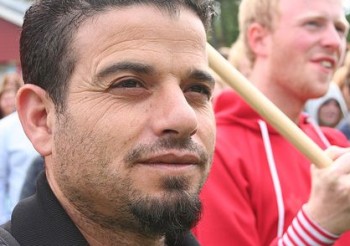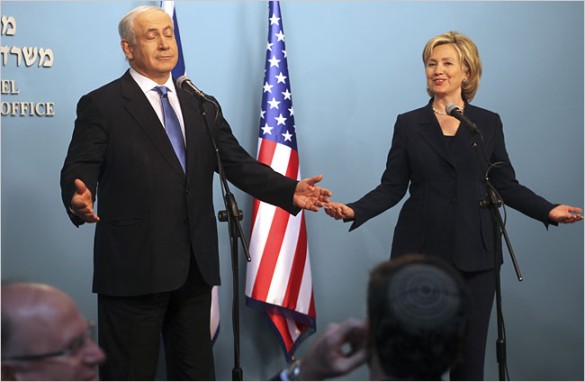Israel declared its independence in 1948. Less than twenty years later it expanded its territorial control across the West Bank and Gaza (and Sinai).
What has subsequently come to be referred to as “The Occupation” has referred to the status quo which (with a few modifications) has endured for the overwhelming majority of Israel’s existence.
The Oslo Accords, signed in 1993, and the so-called “peace process” which followed, have merely provided political cover for the relentless expansion of Jewish settlement and Palestinian dispossession across the West Bank.
What right-wing Zionists refer to as Judea and Samaria is not an aspiration — it is the political reality of a state in which full democratic rights are granted to Jews but not Palestinians.
While the mantras of ending the occupation and dismantling the settlements have tirelessly been repeated, year after year, the settlements have grown.
Both the terms settlement and occupation, mask with seeming impermanence a reality that has been set in reinforced concrete.
Given that over the course of more than twenty years, no progress whatsoever has been made towards the implementation of a two-state solution, the fact that it has now been rejected by Benjamin Netanyahu is a non-event. Yet this is a non-event that is deeply upsetting to many American Jews.
It’s not that they believed that peace was just around the corner. On the contrary, the value of the two-state solution has never derived from expectations about the future. Instead, its value is based very much in the present.
For liberal Americans — Jewish and non-Jewish — the two-state solution ideologically sanitized Israel by ostensibly embodying the desire that the political aspirations of both Jews and Palestinians could be recognized. If this promise is taken away, liberals are deprived of a fiction that allowed them to avoid confronting the illiberal nature of the Jewish state.
Americans want to be able to say they support Israel and democracy and Israel is forcing them to choose between the two.
Noam Sheizaf provided a reality check for participants at the J Street conference in Washington DC this week, when he said:
In Israel, we’ve got to the point where arguing for a state for all its citizens — equal rights for everyone — is a form of ‘Arab nationalism’ that should be made illegal. While arguing for an ethnic state that gives privileges to one group over the other is ‘democracy’…
I am 40 and I only know one Israel — and that’s from the [Jordan] River to the [Mediterranean] Sea. And in which there live Palestinians and Jews, roughly the same size of populations — they’re totally mixed with each other. They’re mixed in the Galilee, they’re mixed along the coast, they’re mixed in the West Bank by now, they’re mixed in the Negev — everywhere Jews living next to Palestinians.
One group has everything — all the rights — the other one has privileges given to it according to a complicated system of citizenship and where they happen to live and where their grandparents were in ’48…
I think we need to start looking at this in civil rights issues, if that’s what we believe in — and that’s the kind of activism I’m looking for. Not redrawing maps in a way that will keep some people in and some people out so that we can call themself [a] democracy.
Sheizaf also took J Street to task for its failure to talk about Gaza:


 ohammad Othman, the BDS campaigner who was detained by Israel upon returning from a speaking tour in Norway, was given three months administrative detention yesterday in an Israeli military court. Othman had been held 63 days without charge before the court agreed to the prosecution’s request for administrative dentention. Othman has been under nearly constant interrogation during this time. [
ohammad Othman, the BDS campaigner who was detained by Israel upon returning from a speaking tour in Norway, was given three months administrative detention yesterday in an Israeli military court. Othman had been held 63 days without charge before the court agreed to the prosecution’s request for administrative dentention. Othman has been under nearly constant interrogation during this time. [
